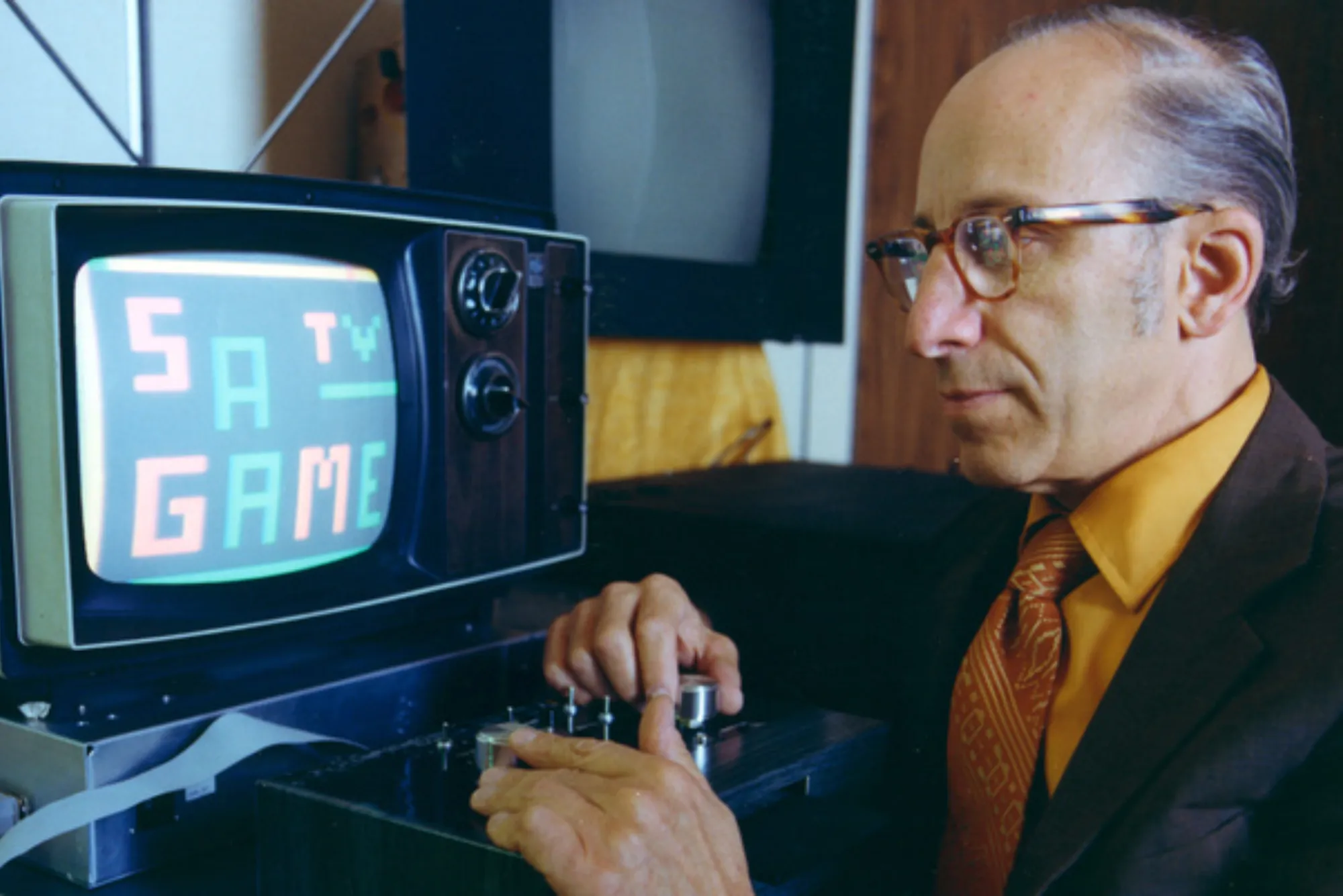Games have been a fundamental part of human culture and entertainment for millennia. From ancient board games to modern video games, the evolution of games reflects the creativity and ingenuity of humanity. This article explores the origins of games, the pioneers who shaped their development, and the specific evolution of horror games, highlighting their impact on the gaming industry.
Early Origins of Games
Ancient Board Games
The origins of games can be traced back to ancient civilizations, where games played a significant role in social and ritualistic activities. One of the earliest known board games is the Royal Game of Ur, which dates back to ancient Mesopotamia. This game, discovered in the 1920s, features a distinctive board with a set of rules that provide insight into the gaming culture of the time.
Another ancient board game, Senet, originated in Egypt around 3100 BCE. Senet is considered one of the oldest known board games, and its depiction in ancient Egyptian Who Invented Games tombs underscores its importance in their society. The game was played on a grid of 30 squares and involved the strategic movement of pieces.
Historical Significance
These early games were not only forms of entertainment but also held cultural and symbolic meanings. They were often used for divination, teaching, or social interaction, reflecting the values and beliefs of ancient societies. Understanding these origins provides a glimpse into the early human experience and the role games played in shaping social dynamics.

The Birth of Modern Games
Early Card Games
Card games, which have become a staple of modern gaming, have their roots in ancient China. The earliest known card games date back to the Tang Dynasty (618–907 CE). These games eventually spread to Europe through trade and exploration, leading to the development of modern playing cards. The transformation of card games from simple pastimes to complex strategic games illustrates the evolving nature of gaming.
Dice Games
Dice games represent another early form of gaming, with evidence of dice dating back to around 2800 BCE in ancient Mesopotamia. Dice games were popular in many ancient cultures and served as a precursor to many modern gaming mechanics. The simplicity and randomness of dice have made them a versatile tool in both recreational and serious gaming contexts.
The Rise of Video Games
The Pioneers of Video Games
The video game industry began to take shape in the mid-20th century with pioneers like William Higinbotham, who created “Tennis for Two” in 1958. This early game was a rudimentary form of interactive entertainment and is considered one of the first video games. Ralph Baer, often called the “Father of Video Games,” further advanced the industry by developing the first home video game console, the Magnavox Odyssey, in 1972.
The Evolution of Video Games
The journey from arcade games to home consoles marked significant milestones in the video game industry. Early arcade games like “Pong” and “Space Invaders” captivated audiences and paved the way for more complex and immersive gaming experiences. The development of home consoles revolutionized gaming, making it accessible to a broader audience and leading to the rich and diverse gaming culture we have today.
The Emergence of Horror Games
Early Horror Games
Horror games have carved out a unique niche in the gaming industry, combining elements of suspense, fear, and psychological tension. The genre’s roots can be traced back to early games that explored dark and unsettling themes. These early horror games laid the groundwork for the genre’s development, setting the stage for future innovations.
Notable Pioneers in Horror Games
The genre truly began to evolve with landmark titles such as “Resident Evil,” released in 1996. Developed by Capcom, “Resident Evil” was instrumental in defining survival horror, blending atmospheric tension with challenging gameplay. Similarly, “Silent Hill,” released in 1999 by Konami, expanded the genre with its psychological horror elements and complex narrative.
Modern Innovations in Horror Games
Advancements in technology have significantly impacted horror games, allowing for more immersive and frightening experiences. Modern horror games leverage high-definition graphics, advanced sound design, and interactive storytelling to create deeply engaging and terrifying experiences. The evolution of horror games reflects broader trends in gaming technology and player expectations.
The Impact of Game Inventors
Influence on Culture
Game inventors have had a profound impact on modern entertainment, shaping how people engage with interactive media. Their innovations have influenced not only the gaming industry but also broader aspects of popular culture, including film, literature, and art.

Legacy of Game Inventors
The legacy of early and modern game developers is evident in the continued evolution of gaming. Their contributions have established the foundation for ongoing advancements in game design, technology, and storytelling. The influence of these pioneers is a testament to their role in shaping the gaming landscape.
The history of games is a testament to human creativity and ingenuity. From ancient board games to the sophisticated video games of today, the journey of game invention reflects the evolving nature of entertainment. The emergence of horror games highlights how specific genres can transform and innovate within the broader gaming industry.










